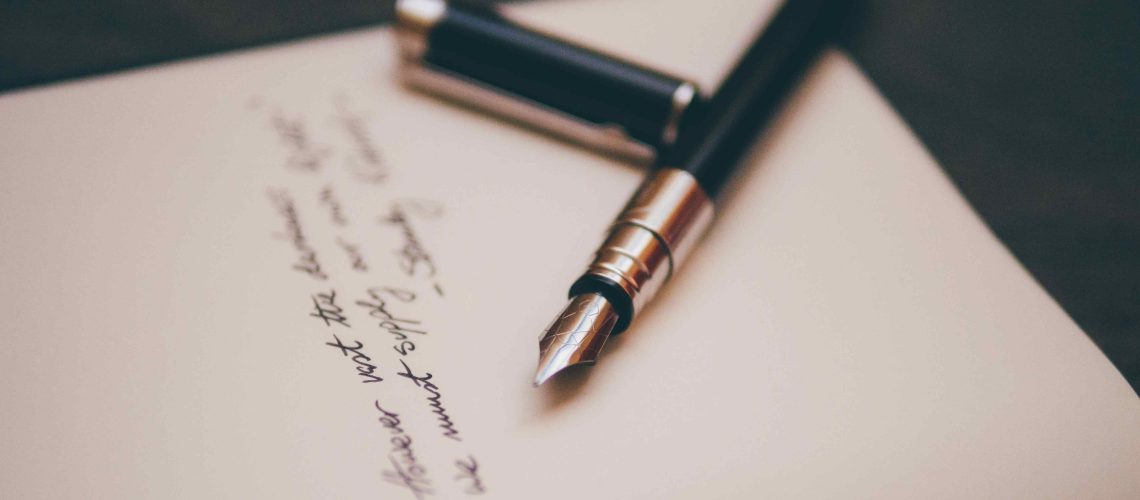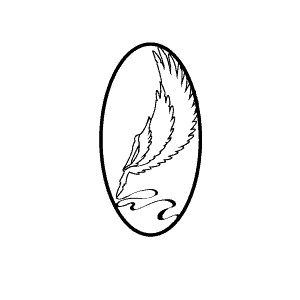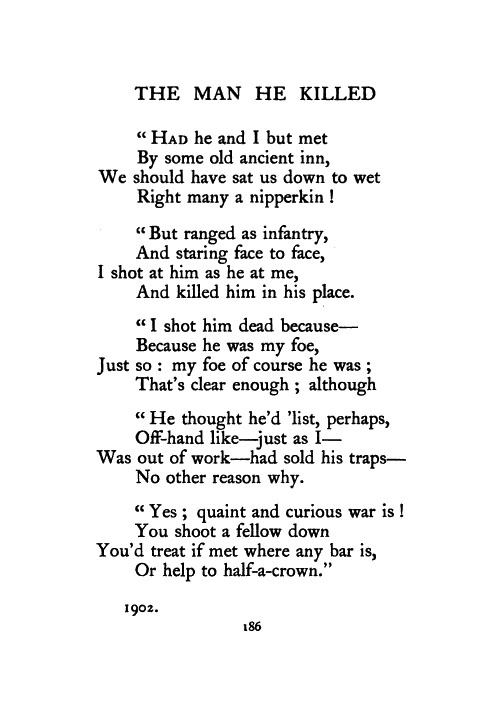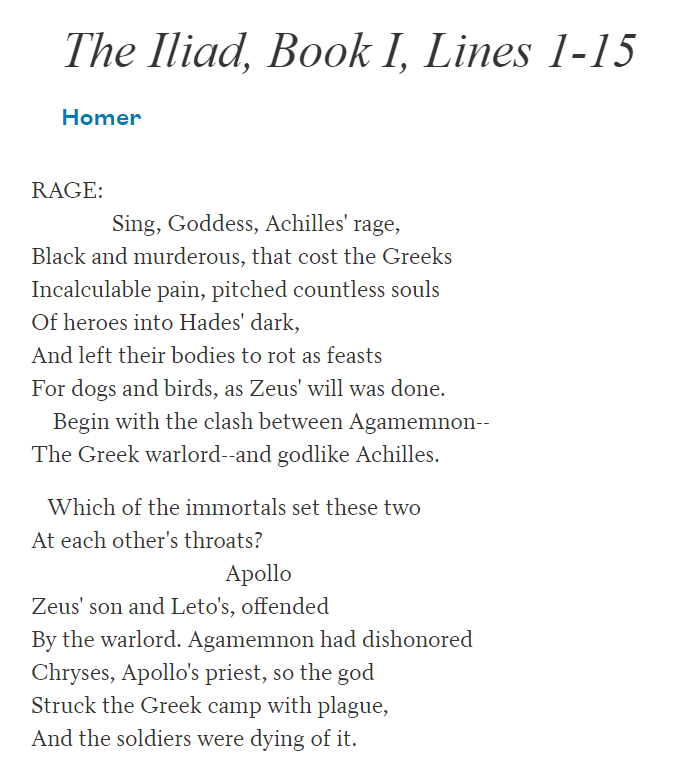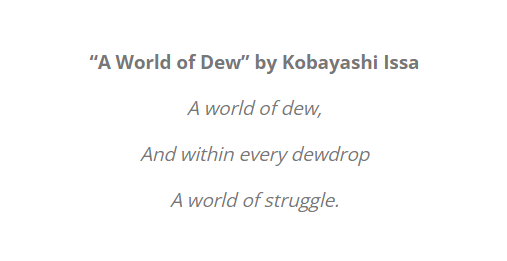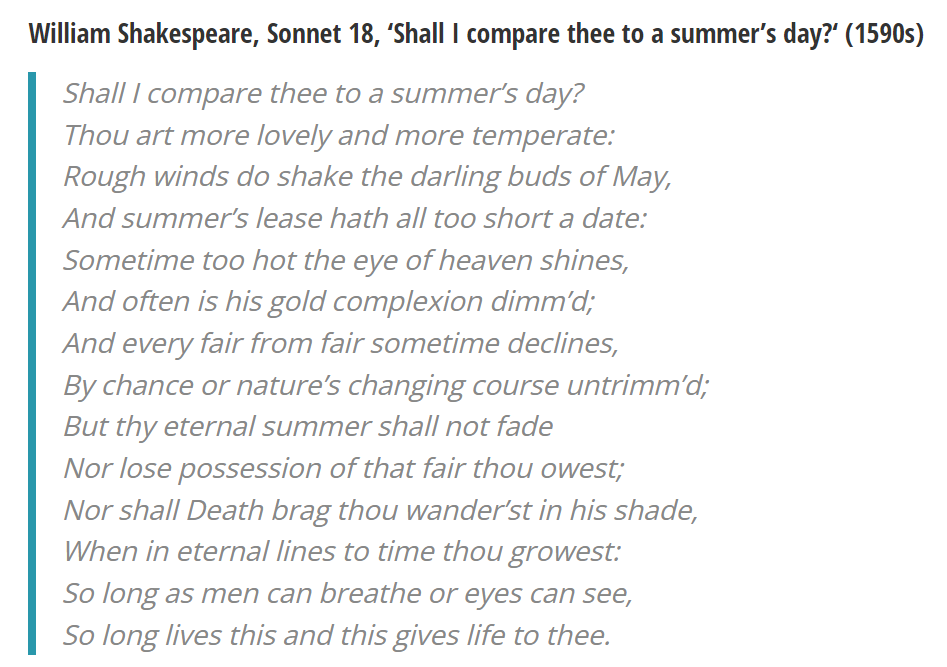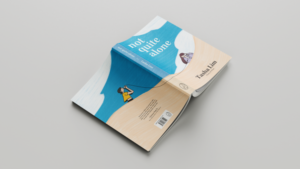By Fieqah Azman
Are you the sort who wants to start reading poetry but does not know where to begin? To date, hundreds, if not millions, of poetry books have been published in the world of literature. Poetry is a unique art form evolved and appreciated throughout centuries. Am I missing out? You wonder. As someone who is not an avid reader, I often struggle to grasp the underlying messages poets try to pass on. Therefore, I thought to share some tips that helped encourage me to read and appreciate poetry better.
1. Identify the genre and types of poetry
I discovered there are several genres and types of poetry writing. When I read about the examples of Poetry Genres from YourDictionary.com and the Types of Poetry from LearningLiftOff.com, there are 3 main genres a beginner can choose from.
The main genres can range between Lyric, Narrative, and Dramatic with the types being haikus and sonnets, epics, and monologues respectively.
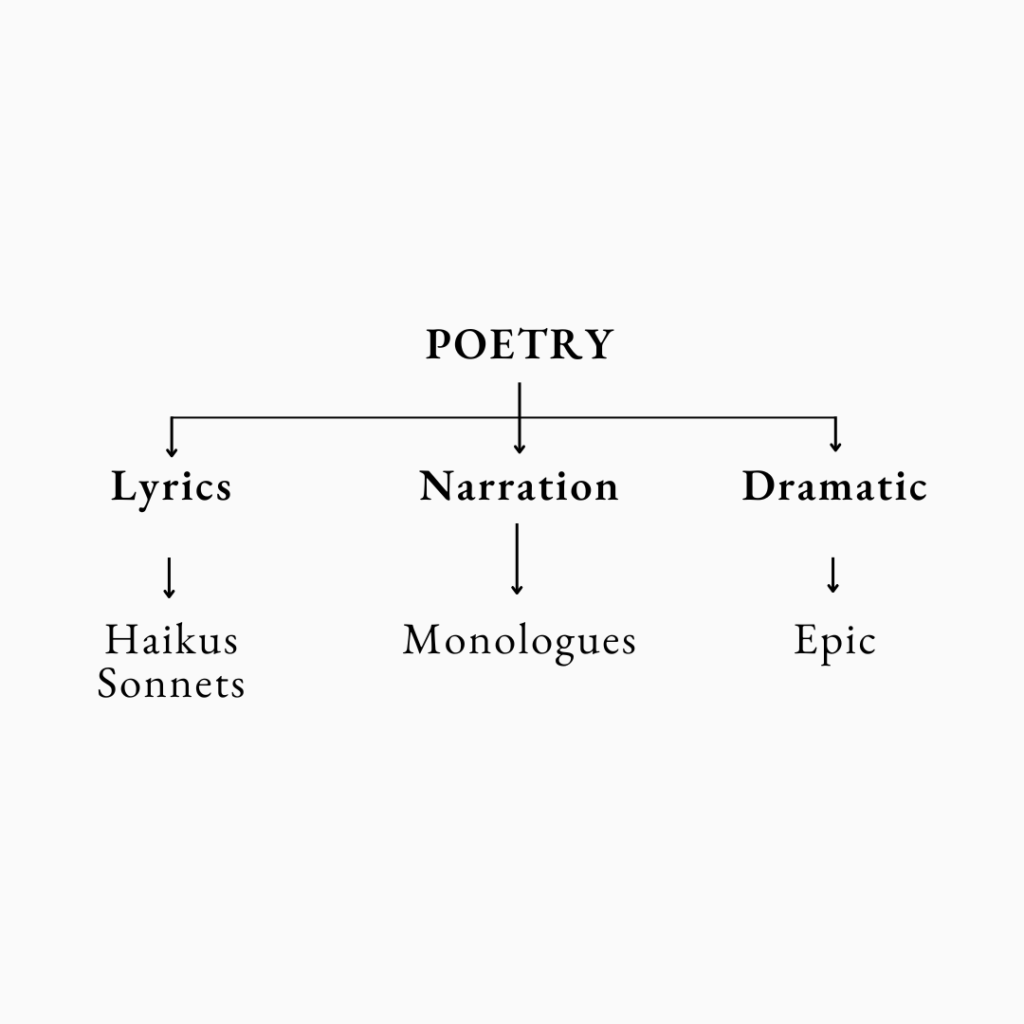
When beginners identify the genres and types they are comfortable with, it may make it easier to grasp the flow of the poet.
2. Try reading shorter pieces as a jumpstart
Now that beginners understand the many types and genres of poetry, classic poetry works like The Odyssey may be a bit overwhelming to read mainly attributed to the book’s thickness and sentence structure. However, we should attempt to read shorter classics, such as “It’s All I Have To Bring Today” by Emily Dickinson, as recommended by BookRiot.com. Classic haikus, which generally have three lines with five syllables in the first line, seven syllables in the second line, and five syllables in the third line, are another fantastic method to begin reading poetry. A collection of haikus may be found on ReadPoetry.com’s recommended reading list, and I believe that they can provide us with new insights on our surroundings.
I’d like to get into the habit of reading poetry without feeling frustrated by the prospect of learning new and unfamiliar jargon.
3. Try a poem a day
Most smartphone users do not take advantage of the Internet’s infinite supply of varying styles of poetry. There are many excellent poets and their pieces from the age of time being widely available for beginners to try reading a poem a day, from public libraries online to blog posts to social media applications. The opportunity to choose the poem’s theme to influence how you wish to start your day is a special gift. In reality, the poems contributed and published on our website (2 images will be added here) are a terrific way to pique your interest in beginning to read poetry for beginners. Try to read some poems submitted to Penwings by these aspiring poets here and another website here where I enjoy reading poetry entries from all over the world.
Submission poems by Khayma Balakrishnan

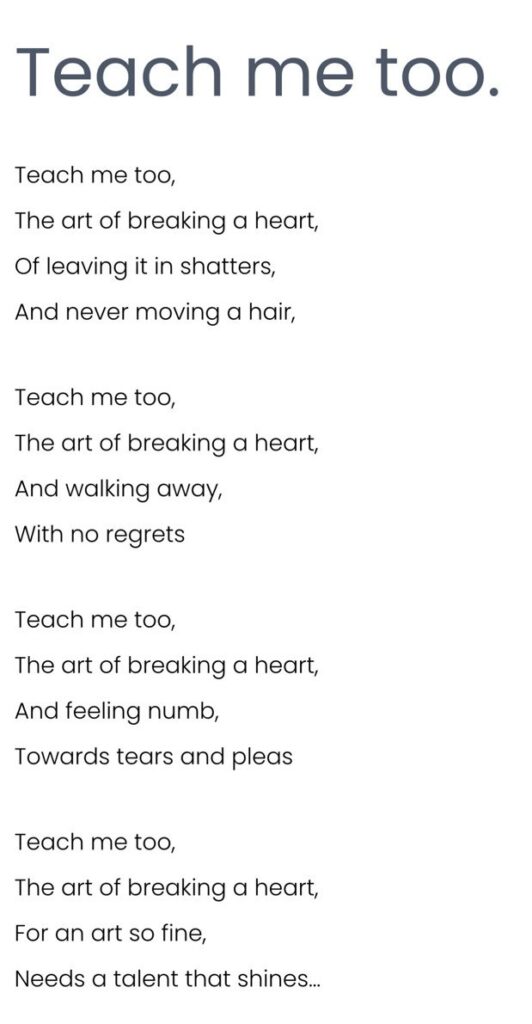
4. Watch videos about poetry with visuals
I’m a visual and auditory learner. Did you know there is such a thing as visual poetry? Therefore, visual poetry appeals to me and there are numerous Booktuber channels on Youtube dedicated to recommending What to Read or Book of the Month. A quick search for “Poetry Recommendations for Beginners” brings an abundance of Booktubers eager to guide us in getting started with a poetry reading. Furthermore, if they undertake poetry dissections, this may be a useful visual aid because beginners can learn how stanzas are broken down and evaluated from there. Some Poetry Booktubers that are usually recommended to me are Jack Edwards who does both Poetry and Fiction dissections on his channel and on The StudyTube Project and Ebony Kenae, a budding poet that wants to share her love for poetry to many beginners. There’s also a great Booktuber named Rachel Oates who does critical evaluation by contrasting pieces from relatable and modern poetry with elements from famous poems based on their similarities. This video here has her comparing one of Atticus’s poems to Shakespeare’s Romeo and Juliet from their similar themes. Another video by Rachel here shines more light on my understanding of poetry writing skills and its forms as she breaks down the many ways on how to analyze a poem.
Here are some visual poetry that I found on YouTube:
5. Set a reasonable goal
Finally, creating a personal goal might motivate beginners to read poetry. Consider what we are attempting to accomplish. Are we attempting to broaden our vocabulary? Are we attempting to improve as writers? Or perhaps we simply wish to broaden our perspectives and enhance our lives and cultures. Reading poetry can do far more than reading a novel since values are presented in a unique method. A fiction book requires dedication to finish to obtain the whole story, but a poet may convey the full plot in a single page.
We have the opportunity as humans to share our thoughts and emotions via language, and poetry is another medium for us to bond with one another. It’s a beautiful art form as it allows us to express our pain, pleasure, hope, and love via poetic elements. So, my friends, I hope these suggestions encourage you to explore further, and I wish you the best of luck in your future poetry endeavours!

